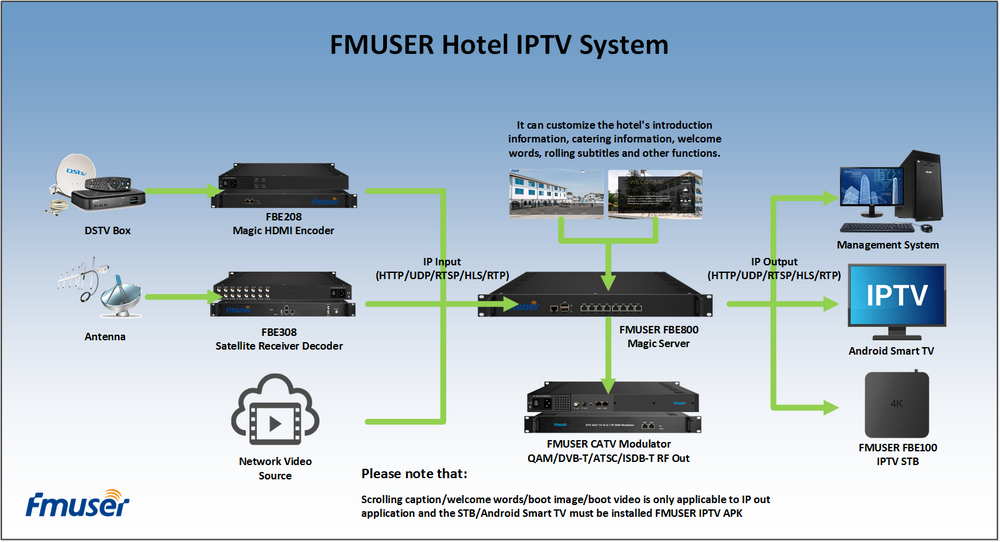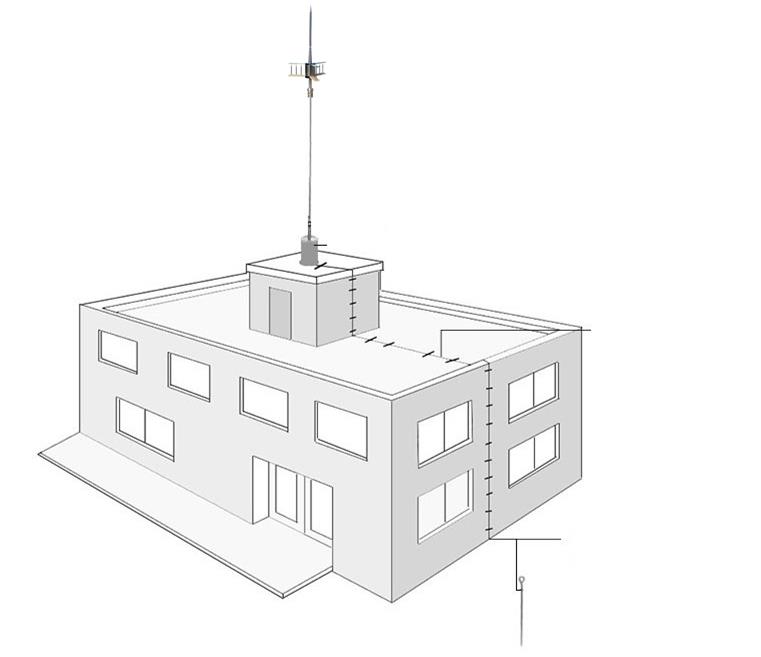"Following Trump's administrative order of" prohibiting immigration "on April 22 this year, trump signed a new immigration restriction order on June 22. The ban requires temporary migration of new immigrants to the United States by holding a series of work visas, including H-1B visas for highly skilled workers, until the end of this year, during the COVID-19 pandemic.
The White House argument is that in the context of COVID-19's serious impact on employment in the United States, the restraining order is aimed at giving priority to the protection of American employment. The Wall Street Journal reported that the restriction order is expected to affect about 525000 foreigners to the United States before the end of this year, including 170000 green card holders who have been banned from entering the United States since April.
The plan of "giving priority to Americans to recover from the epidemic" may provide 500000 jobs for unemployed Americans, including the jobs released by about 85000 H-1B work visas issued every year.
However, as soon as this restriction order came out, it immediately aroused unanimous condemnation from American technology companies and academia. Of course, the main spearhead is this H-1B visa restriction for highly skilled workers.
(Sandel Pichai, CEO of Google parent company alphabet, strongly expressed disappointment and resistance)
Technology giants such as Google, Microsoft, apple, Amazon and many technology enterprises have said that the U.S. government's move is short-sighted. It should affirm that immigrants should not only contribute to the development of U.S. technology and economy, but also continue to support skilled immigrants to enter the United States. Lecun (fortunately, he did not quit twitter at that time) and Wu Enda, a Stanford computer scientist, also expressed disappointment at this policy and affirmed the contribution of skilled immigrants to American scientific research.
According to the report of MIT Technology Review, some U.S. policy analysts are evaluating how the suspension of work visa will affect the long-term innovation of the United States, especially the suspension of H-1B visa, which may affect the dominant position of the United States in key technology fields such as artificial intelligence.
This conclusion is really a bit "alarmist". With curiosity and questions, today we hope to learn more about why H-1B is so important to the American scientific and technological community? What are the reasons behind the concerns of those technology bosses? Will the H-1B visa restriction really threaten the status of artificial intelligence in the United States?
This is the problem we need to see through the phenomenon.
Why is the H-1B visa so important to the United States?
H-1B visa is a kind of non immigrant temporary work visa provided by the United States for the introduction of foreign professional and technical personnel. It is applicable to foreigners who work in the United States but have not received a green card. Previously, 85000 visas were issued every year.
The visa must be applied for by the employer, who must apply for permanent residence for the visa holder within six years. H-1B visa holders can work in the United States for three years, and then can be extended for another three years. After the expiration of six years, if the visa holder has not obtained permanent residence, he must leave the United States.
According to the first report released by USCIS recently, as of September 30, 2019, there were about 583420 H-1B visa holders working in the United States. At present, among H-1B visa holders, Indians account for about 72% and visa holders from China account for 13%. The two populous countries are also big exporters of technical talents.
According to the statistics of the U.S. immigration Council, foreign immigrants account for 39% of software engineers, 27% of computer programmers and 28% of electronic engineering jobs in the United States. Among them, the proportion in California is higher, and foreign immigrants get 42% of skilled jobs. The H-1B work visa has become a reuse channel for skilled immigrants in the United States.
Therefore, the importance of H-1B visa is that it is the main supplementary channel for American high skilled and skilled labor force, which is closely related to the prosperity of American technology companies. About one-third of the H-1B visas issued by the United States in recent years work in technology companies. In particular, technology companies in Silicon Valley mainly use H-1B visa to attract overseas scientific and technological talents.
(source: US CIS, H-1B visa number drops sharply in 2020)
Now, who are the people affected by the suspension of H-1B visa? According to the announcement, mainly those who are outside the United States and waiting for a new application or replacement of H-1B visa and their spouses.
Here is a point of knowledge that although the H-1B visa is valid for three years, the entry validity is only one year. If the holder leaves the United States, he must renew his contract abroad every year. If the holders leave the United States during this period and the U.S. consulate stops issuing visas, these H-1B holders will not be able to renew their visas or enter the United States.
Those who have obtained the H-1B visa in the United States can be exempted, that is, they can continue to work in the United States.
In fact, Trump's restrictive measure is not unreasonable. On the one hand, of course, because of the severe employment situation in the United States caused by COVID-19, Trump, who forced "making the decision for the people", issued this drastic measure.
On the other hand, there are loopholes in the visa policy of H-1B. Some Indian companies take advantage of the opportunity of American high-tech companies to outsource basic industries and move a large number of Indian code farmers to the United States through multiple applications, thus crowding out the opportunities of American local students.
In this way, American technology companies can obtain technology developers at lower employment costs, and a large number of Indian engineers will get more opportunities to work and stay in the United States. This is one of the reasons why the proportion of Indians in H-1B is so high.
Perhaps in Trump's view, these technical jobs vacated due to the suspension of visas can be enriched by foreign students studying and graduating in the United States and local students in the United States, so as to alleviate the current domestic employment pressure.
However, this measure is just a short-sighted practice of "calculating small accounts". In the short term, there will be some stimulating effects, but in the long run, it may change the talent introduction policy and talent pattern of the United States.
Suspended H-1B visa, picked sesame and lost watermelon
In response to trump's H-1B visa restriction order, people seem to have the most direct concern, that is, can the unemployed in the United States fill the vacancies left by these high-tech talents?
To be fair, if it is only a short-term restriction, it can certainly provide more employment opportunities for foreign students and local technicians residing in the United States this year. However, this still cannot change the current situation of a large number of local scientific and technological talents in the United States and the fact that American science and technology companies have always relied on foreign scientific and technological talents to occupy a competitive advantage.
Trump, who came to power with the support of white people at the bottom of the United States and the Republican government, only saw that foreign immigrants seized jobs and employment opportunities for Native American citizens, but he did not pay attention to the important contributions brought to the United States by foreign immigrants and these workers working in the United States. Low end talents are engaged in heavy labor that local people do not want to engage in, such as agriculture and service industry, while high-end technical talents directly make up for the talent vacancy caused by the shortage of local highly educated and high-tech talents.
According to a data, in the United States, the proportion of immigrants and Native Americans who obtain bachelor's degree or above is the same, reaching 31% and 32% respectively. Among them, the highly educated population of immigrants from East and South Asia has reached a staggering 53%.
Take Chinese in the United States as an example. By 2019, there are about 5.5 million Chinese in the United States, 54% of adult Chinese have university degrees, and 51% of Chinese are engaged in professional technology, management and other work. 27% of Chinese immigrants to the United States have a master's degree, while only 12% of local Americans have a master's degree or above. More than 200000 people from 985 colleges and universities in China work in high-tech enterprises or colleges and universities in the United States. India, which is famous for software engineering, exports skilled immigrants, not to mention.
It is these two populous countries that continuously send highly educated and high-quality skilled immigrants to American technology companies. Once the technical talents from these two countries are prevented from working in the United States through H-1B work visa, the United States will lose a large number of excellent high-tech talents in the future.
More importantly, the issuance of the trump administration's restriction order sends a very dangerous signal that the United States does not welcome foreign talents who threaten the interests of the local population, and can close the opportunities for foreign scientific and technological talents to work in the United States at any time.
This will undoubtedly shake the confidence of foreign technical talents in working in the United States and indirectly improve the competitiveness of other countries for technical talents. This is the fundamental reason why American business and technology companies strongly condemn this policy and are full of worries.
Faith is more valuable than gold; And talent is more valuable than gold. Now trump has taken the initiative to close the door to attract top talent. This time, he has really thrown the foundation of American inclusiveness and openness into the Pacific.
No wonder those Silicon Valley leaders who benefited from the H-1B are grieving, and no wonder American business elites are crying out that this measure will delay the U.S. economic recovery and destroy U.S. leadership in innovation.
Whether the consequences are so serious still needs time to test, and at least in the field of artificial intelligence, the impact is immediate.
American artificial intelligence is due to foreign talents
Before the introduction of this policy, trump will be very confident that the talents trained in the United States can completely replace these foreign technical talents and immigrants. But the reality will tell him that some fields really can't, such as artificial intelligence.
(undergraduate students from American AI research institutions, nearly seven floors are foreign students)
In fact, most of the technical talents engaged in AI in the United States are from abroad. A survey from macropolo, an American think tank, shows that 69% of AI researchers working in American institutions have obtained undergraduate degrees from outside the United States, that is, nearly seven layers of graduate students come from abroad. Among the top AI related projects in the United States, two-thirds of doctoral students are also from abroad, and about 80% of them will work in the United States for five years after graduation.
(67% of foreign masters and 64% of doctors participate in AI related projects in the United States)
Even so, there is still a shortage of artificial intelligence talents in the United States, which is exacerbated by the existing immigration policy. In the academic and technological fields, AI researchers have always complained that it is the very unfriendly visa policy that limits the pace of AI innovation. As Apple Corp AI Ian Goodfellow, who is responsible for machine learning, tweets in twitter, "one of the biggest bottlenecks that make complaints about team research efficiency in the past few years is the visa restrictions of many of my partners."
In a national AI strategy signed by trump in February last year, relevant experts pointed out that the policy care for the special visa of AI experts was seriously omitted. Among those who currently need an H-1B visa, 35% have a degree in artificial intelligence, of which 75% will work in AI related fields. Once affected by the suspension of visa approval, these people will not be able to go to the United States or continue to stay in the United States to engage in relevant work.
Some researchers in the United States are realizing the seriousness of this problem. If the U.S. government continues to restrict visas for technical talents such as H-1B, a large number of AI talents will be invested in countries such as Canada, Britain, France and Australia. These countries are giving loose talent introduction policies and preferences based on their AI strategies.
It is reported that the Canadian government specially spent money on a billboard in Silicon Valley, which clearly reads "what's wrong with H-1B? Look at Canada! "
Obviously, many universities in the United States have always been the focus of artificial intelligence research, and many American technology companies are also the best place to study and apply artificial intelligence. Once foreign AI technical talents cannot be introduced and foreign talents trained by American universities cannot stay, they can only return to their own countries or flow to these developed countries.
This is certainly good news for the development of AI in China. A large number of American Silicon Valley elites may consider returning home for development. We can't help but praise Comrade Chuan Jianguo and send him a "good job!"
Talents are the basic input resources for AI development and the basis for driving all other resources. This is exactly the reason why these researchers are crying out to the trump government. Unfortunately, they can't enter Trump's vision now.
The day after the promulgation of the ban, trump visited the US Mexico border in Arizona. After inspecting the border wall, he delivered an immigration policy speech at a gathering of 3000 people. At a time when the election situation is unfavorable, there is no better way to re mention the issue of restricting immigration than to divert the attention of poor domestic epidemic control and gather his staunch supporters.
Of course, the US political tradition is good at correcting mistakes, and the transmutation of trump has also left room for a buffer to reassess this visa policy.
Just like some things, as long as you say it, you can't take it back. Once the crack of "trust" appears, the original mature mechanism will never return to its original appearance., Read the full text“
Our other product:















